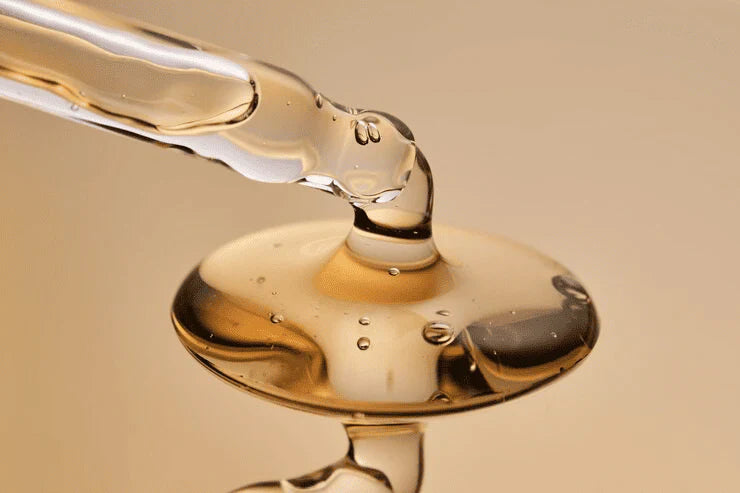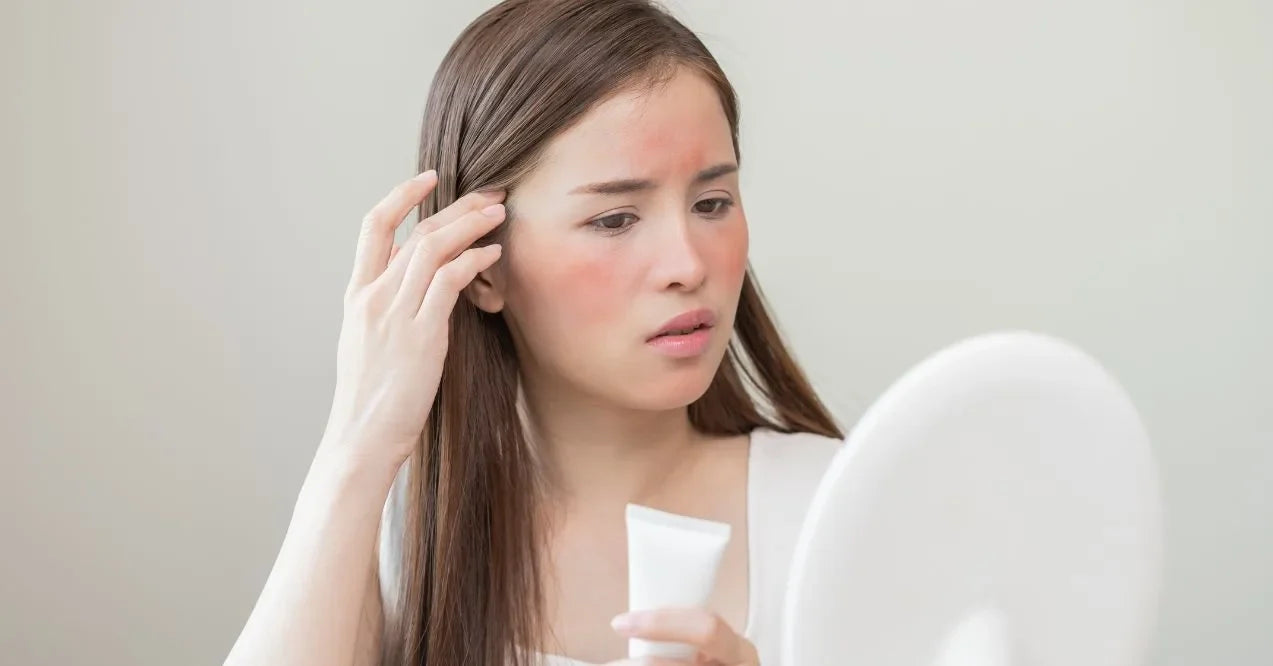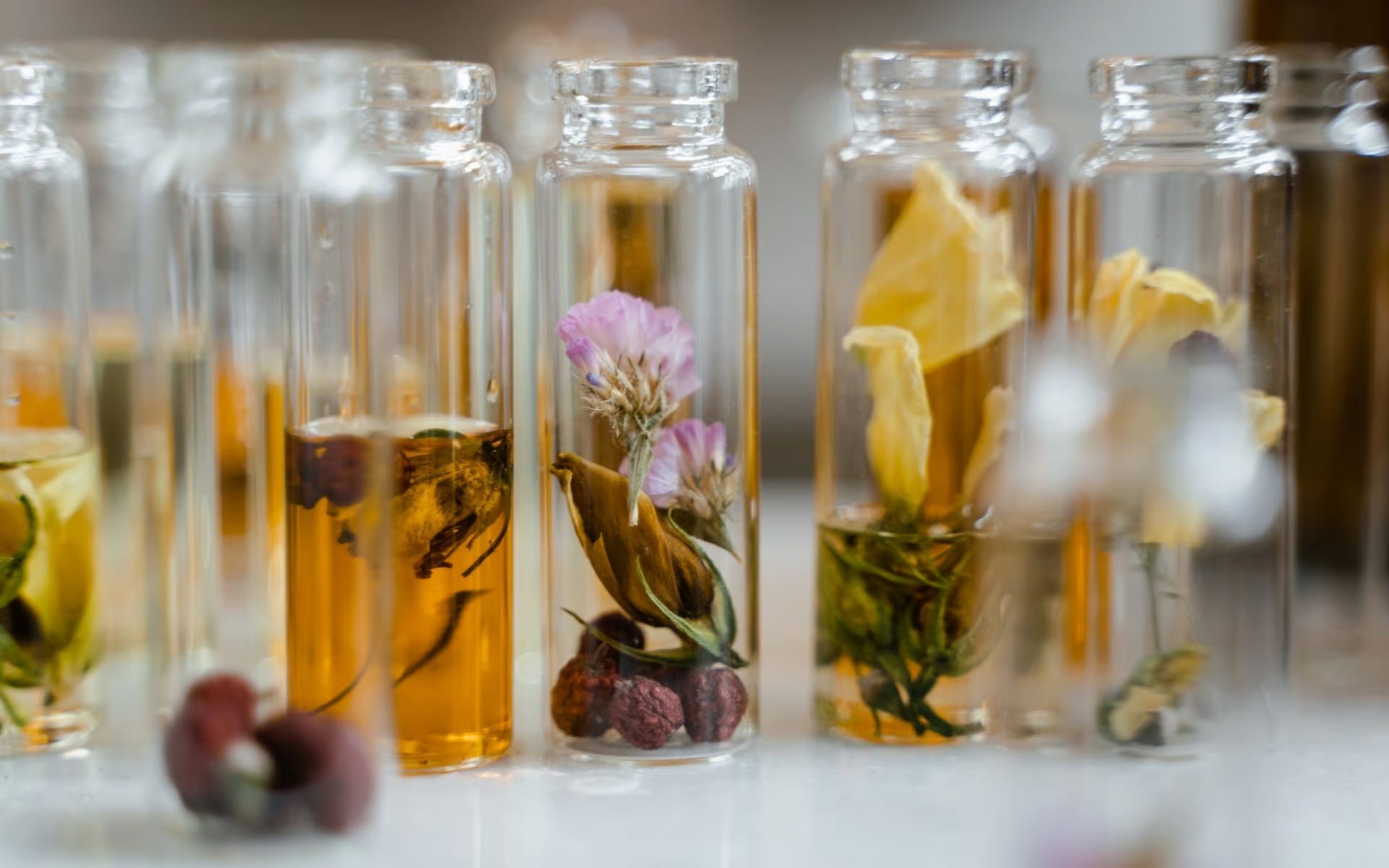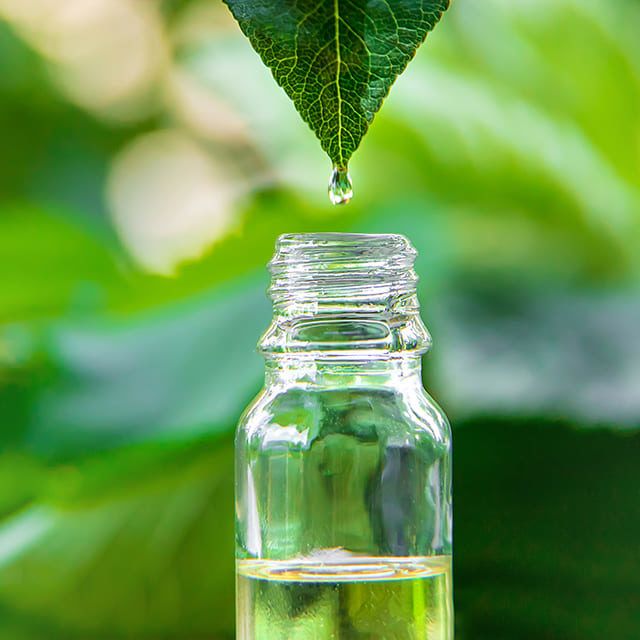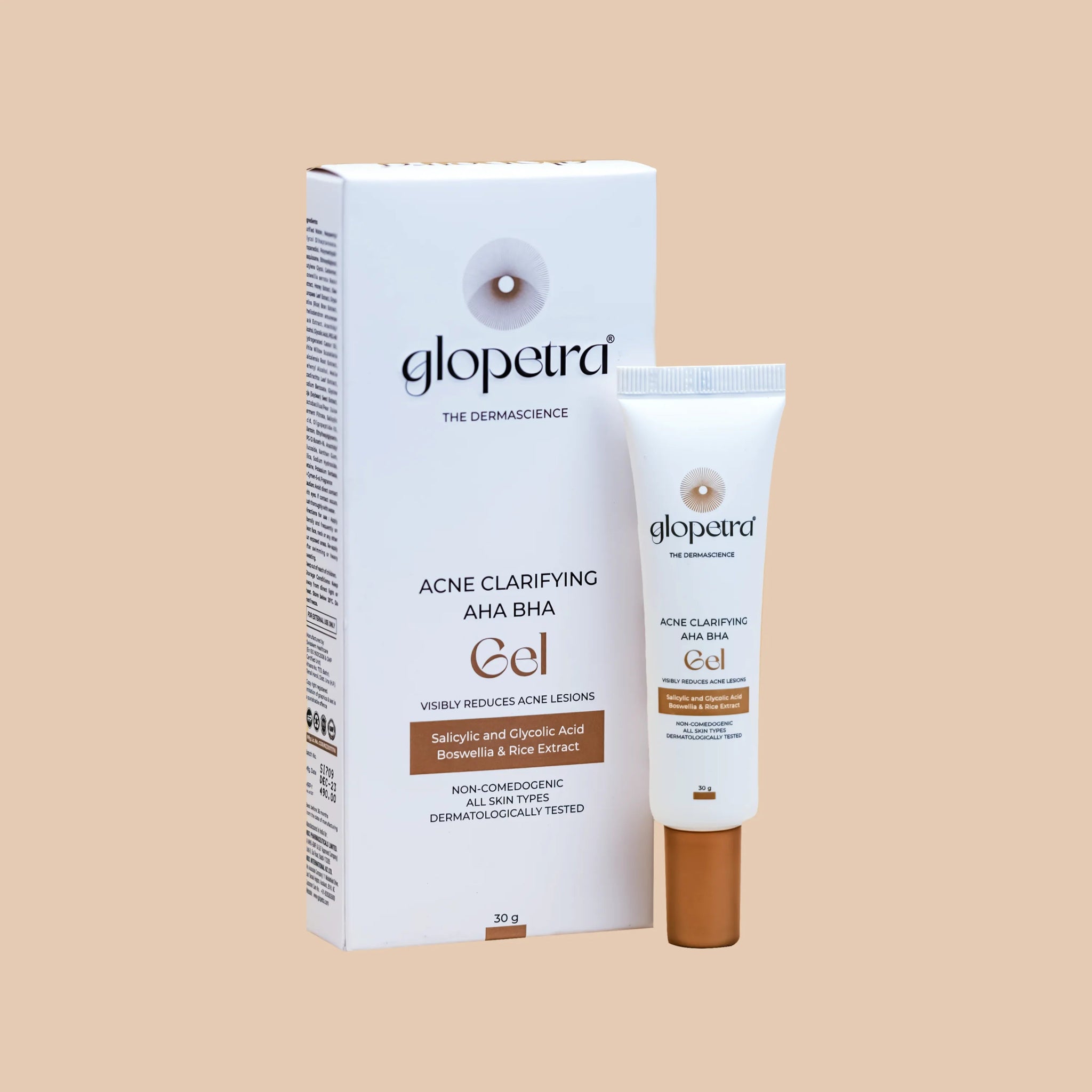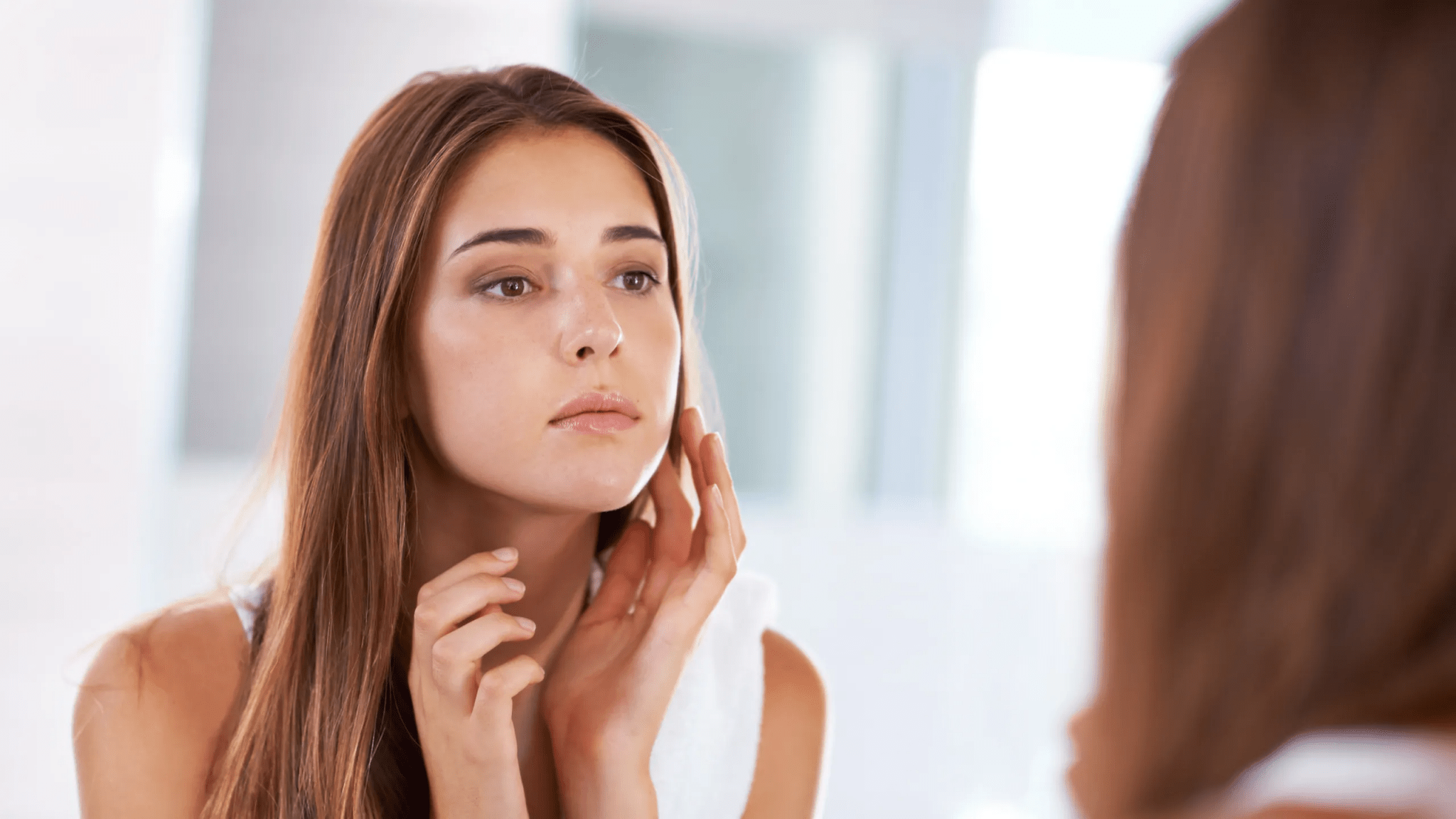
Can Hyaluronic Acid Cause Breakouts? Dermatologists Discuss
What's the Hype with Hyaluronic Acid?
So first off, hyaluronic acid is a humectant. It means it's a moisture magnet. It attracts water into the skin and keeps it there, making you look plump and dewy – kind of what we're all after. It's naturally found in your skin, so really, it seems like the obvious solution: just add more.

Well, most derms agree that HA itself is non-comedogenic, meaning it doesn't clog pores. So, it shouldn't cause acne in theory. But, there are some catches. The way you use it, the other ingredients in the formula, and even your environment could be factors that make your skin act up.
Why Could Hyaluronic Acid Be Causing Breakouts?
1. Over-Layering Products-
You know that feeling you get on a skincare high where you just keep layering one product after another? We get it-more is supposed to be better, right? Not always. HA is best used in the middle of your skincare routine-after cleansing but before moisturizing. But if you are layering a lot of products, you could be sealing the HA under heavier layers that might actually clog pores, such as oils or thick creams. Think plastic wrap on your skin-it locks things in but can also lock in dirt and bacteria.2. What formula you are using-
Not all HA products are created equal. Some may have extras that can clog your pores. Take added oils, emollients, or silicones in the formula, for example-possible not-so-great ideas for acne-prone skin. You would best to inspect the ingredient list and double-check that you're using one that does not contain comedogenic, which means pore-clogging ingredients. Cheap or poorly formulated HA products can be sneaky behind those breakouts.3. Too Much Hydration Can Backfire-
You can most definitely overhydrate. If you have oily or combo skin and are slapping on a million hydrating products, your skin might just shut down from all the moisture. This can send your oil glands into hyperdrive as they are trying to make up for it, and you look even oilier and—you guessed it—the breakouts happen. The trick: finding the balance of hydration.4. Wrong Climate, Wrong Time-
This is a little technical, but it's to the point. Hyaluronic acid attracts moisture from its environment. If you are living in a dry climate, HA could potentially take water out of the deeper layers of your skin because there is nothing else in the air for it to draw from. This leaves your skin to feel dry, irritated, and, depending on the individual, can even lead to breakouts. In humid climates, HA works like a charm because there's so much moisture in the air.The Experts' Tip: Avoid Breakouts Due to Hyaluronic Acid
While dermatologists point out that HA is unlikely a causative agent for breakouts, the way it's used may be the culprit. And this is how experts guide you to keep your skin breakout-free but with that heightened hydration it so desperately needs:-
Choose the Right Product:-
-
Use It Properly:-
-
Adjust to your Environment:-
- Be Cautious on Extra Ingredients
The Bottom Line
Hyaluronic acid is, all in all a largely safe and favorite skincare ingredient for good reason. However, even though it is rather unlikely to cause any breakouts on its own, the way you use hyaluronic acid matters. Poor product choices, over-layering, or environmental conditions may turn your HA routine from hydrating heaven into a nightmare of breakouts.
If you are having problems due to HA products, you might need to visit a dermatologist because sometimes it's not the hyaluronic acid itself that causes all the fuss, but another step in your routine. Skincare is always about finding what works for unique skin.
To Conclude
Hyaluronic acid is usually safe for everyone, though breakouts can still happen when over-layering occurs, poor formulation is used, or due to environmental factors. It must be applied correctly, the right formulation selected, and all other skincare products monitored to ensure glowing clear skin.
FAQs about Can Hyaluronic Acid Cause Breakouts-
1. What is hyaluronic acid?Hyaluronic acid is a natural emollient found in the skin that serves as a humectant, drawing and holding moisture. Hydration in the skin is retained, and it plumps up with a more youthful appearance.
2. Will hyaluronic acid make me break out?
Although hyaluronic acid itself is not usually comedogenic - meaning it does not clog pores - other elements like formulation or applying far too much product or even their skin can indeed sometimes cause a breakout.
3. How does hyaluronic acid work?
Hyaluronic acid works through binding water molecules to your skin. It can retain as much as 1,000 times its weight in water, hydrating and removing fine lines and wrinkles on the skin.
4. What should I be looking for in a hyaluronic acid product?
For oily or very acne-prone skin, avoid heavy, oil-based, and comedogenic formulas. Always check the ingredient list for potents that may irritate you.
5. Can I use hyaluronic acid for my oily skin?
Yes, hyaluronic acid can work just as well with oily skin. Moisture without more oil – this is what you get. Just make sure to pick a lightweight product, and apply it properly in your skincare routine.





